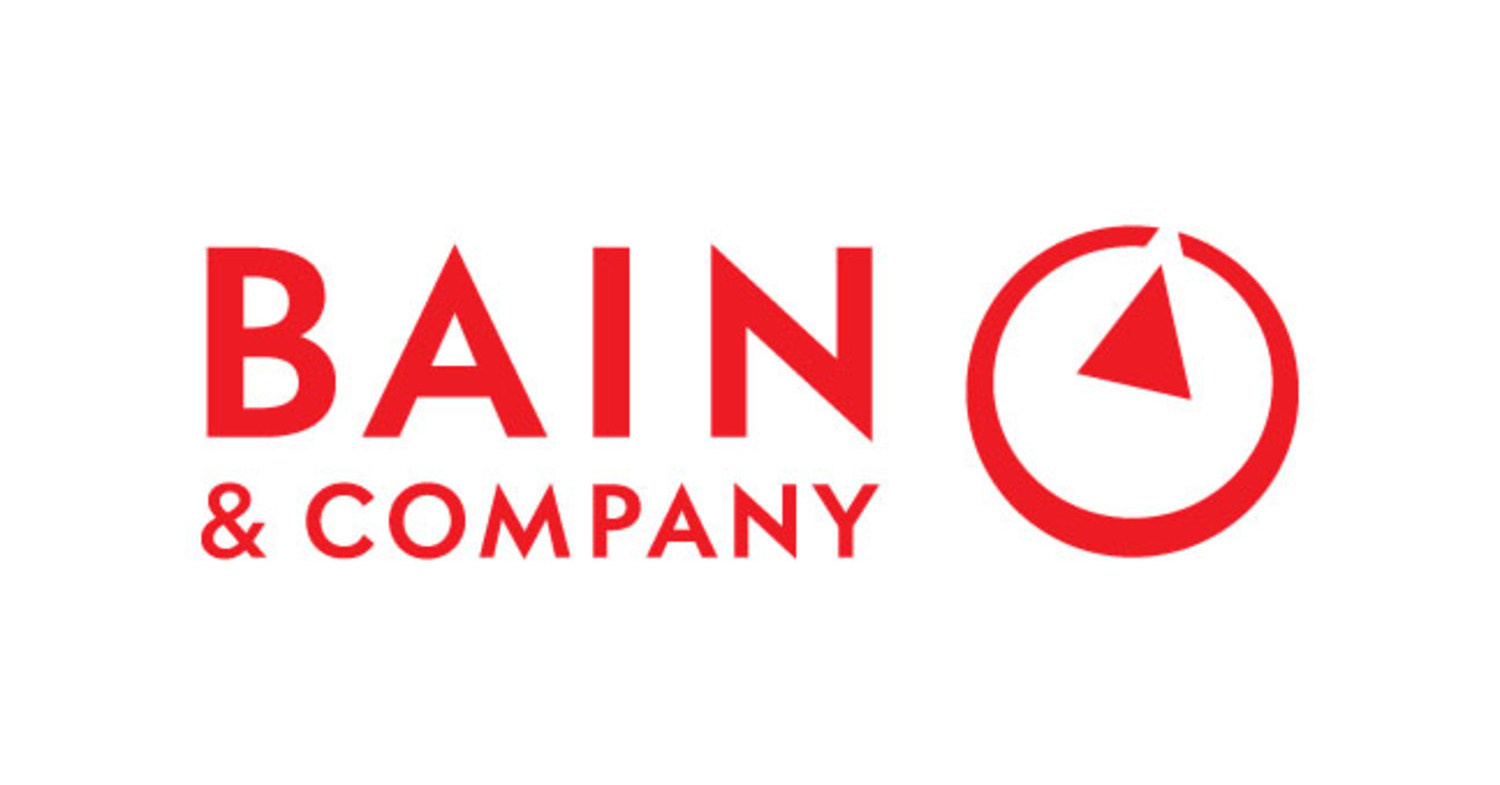Indian HR Leaders Expect 383% Growth in Agentic AI Adoption by 2027

Agentic AI is poised to revolutionize the Indian workplace, with projections indicating a substantial 383% surge in adoption by 2027, according to recent research conducted by Salesforce. This transformation highlights a pivotal shift in how organizations perceive and integrate digital labor into their strategic frameworks.
The Salesforce survey, which included insights from 200 global human resource executives, reveals that currently, only 12% of Indian organizations have fully implemented agentic AI. However, there is an overwhelming expectation that this figure will dramatically increase to 58% within the next two years, underscoring the rapid acceleration of AI adoption across industries.
A key aspect of this transformation is the anticipated change in workforce dynamics. Chief Human Resources Officers (CHROs) foresee redeploying approximately 24.7% of their employees to new roles. This strategic reallocation is aimed at boosting productivity by 41.7% and simultaneously reducing labor costs by 26.2%. Digital labor is increasingly recognized as a strategic imperative rather than a mere support function.
Despite the growing momentum, a significant 88% of Indian businesses have yet to fully embrace agentic AI. Furthermore, 63% of HR leaders acknowledge that their employees are largely unaware of how digital labor will impact their roles. Addressing this gap is critical for ensuring a smooth transition and maximizing the benefits of AI integration.
To bridge this awareness gap and facilitate effective AI adoption, 88% of CHROs are either actively reskilling their workforce (15%) or planning to implement reskilling programs (73%). These initiatives focus on developing both technical and soft skills to prepare employees for the changing demands of their roles. AI literacy has been identified as a crucial skill for the future, alongside interpersonal capabilities.
As AI agents take over routine tasks, human workers are expected to transition into roles that emphasize relationship-building, such as account management and partnerships. Over half (54%) of CHROs plan to redeploy employees into these positions. Other employees will be reassigned to roles in compliance, ethics, and AI governance, reflecting the importance of responsible AI implementation.
The expansion of research and development (59%) and IT (51%) departments is also anticipated as organizations invest in AI capabilities. HR departments are becoming increasingly central to navigating this AI-driven transformation, ensuring that workforces are prepared and adaptable.
Nathalie Scardino, President and Chief People Officer at Salesforce, emphasizes the need for employees to acquire new human, agent, and business skills. She describes the current period as a "once-in-a-lifetime transformation of work," where digital labor unlocks unprecedented levels of productivity and autonomy. Scardino calls for industries to redesign jobs, reskill talent, and enable employees to thrive in the digital labor revolution.
The insights from the Salesforce research highlight that digital labor is not just a trend but a fundamental business strategy revolution. Most HR leaders (85%) believe that within five years, workforces will consist of humans and AI agents working collaboratively. Despite the recognized urgency, many Indian HR chiefs are still in the early stages of planning their workforce preparation strategies. With a majority of businesses yet to fully embrace agentic AI, CHROs in India are focusing on near-term efforts toward AI implementation, including IT and research and development initiatives.











